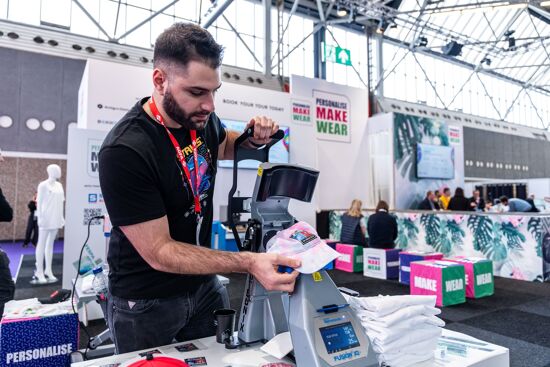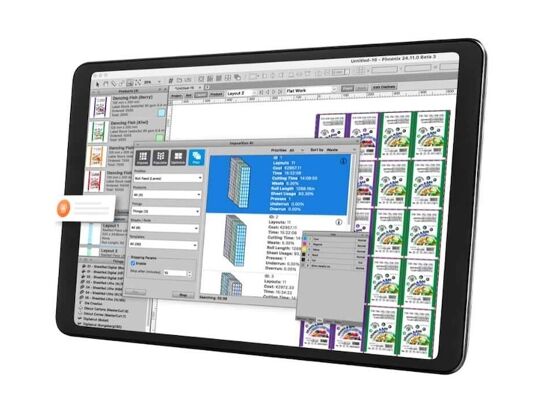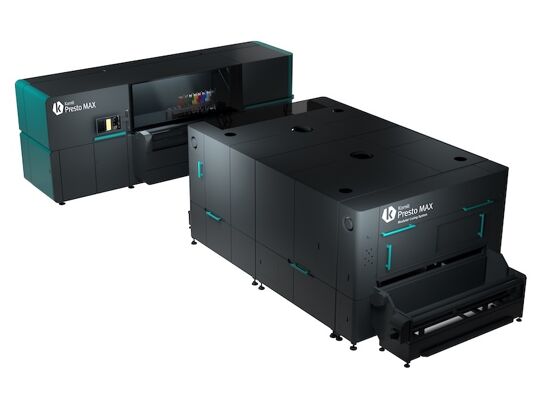Going for 100% renewable energy

Global corporations including HP and Ricoh are leading the way for industry to move from fossil fuels towards making 100% commitments to renewable energy.
The splintered nature of modern communications has encouraged ever more people to become eco warriors of one sort or another. But these fragmented efforts are really not much good, because they are largely uncoordinated or aligned.
Far better to get the world’s biggest companies to commit to ambitious global campaigns. Graphics professionals can do their bit by supporting projects such as RE100, a collaborative, global effort that brings together businesses committed to 100% renewable electricity.
RE100 is supported by The Climate Group, an international non-profit organisation set up to “deliver a world of net zero greenhouse gas emissions”. RE100 members include some of the world’s biggest print buyers, so printing companies, system manufacturers and suppliers have good reasons to look at how they can support RE100 objectives.
The organisation has been around for about three years and the 100 members include Adobe, HP and Ricoh, and lots of insurance companies, banks and investment groups. Beverage companies such as Heineken and Coca-Cola, consumer products companies such as Unilever plus a handful of car manufacturers also support RE100.
All of these companies, whatever their primary businesses, are print buyers one way or another. And all of them are leading the way for industry to move from fossil fuels to renewables. The weight of corporate effort to mitigate the effects of climate change is creating its own momentum and driving change.
The more companies who join this initiative, the more powerful that momentum will be and the faster change will happen. The likes of Heidelberg and Fujifilm could also get involved, encouraging more companies from the graphics industry to work towards a greener future.
The collective goal of RE100 members, and almost a requirement of membership, is to commit to exclusively using 100% renewable energy, preferably sometime soon. HP Inc, a huge player in the graphics market, has for instance committed to source 40% of its energy from renewable sources by 2020 and Ricoh aims to source 100% renewable electricity by 2050, with at least 30% by 2030.
RE100 members are massive organisations where environmental commitments are subject to considerable scrutiny, both from regulators, customers and shareholders. If these mega corporations can manage their processes towards reduced dependence on fossil fuels, surely the SMEs that are the bulk of the graphics industry could manage it too?
Topics
Interested in joining our community?
Enquire today about joining your local FESPA Association or FESPA Direct
Recent news

Special Effects in DTF Will Make Your “Prints” More Memorable
The DTF market is expanding with new vendors and innovations like multi-head printers enabling diverse ink options (spot, neon). Decorative films offer streamlined special effects. Keypoint Intelligence tested metallic and glitter films, noting varied ease of use and wash durability. New technology using adhesive and foil directly promises further creative advancements in DTF.

SmartHub – Expectations, opportunities and why you should attend!
The SmartHub at Personalisation Experience 2025 in Berlin will showcase personalisation and smart production opportunities across industries like textiles. Featuring a Smart Factory Trail with brands like Inkcups and Trotec, and a conference with experts discussing AI, mass customisation, and profit strategies, it offers insights into reducing waste and boosting efficiency through digital methods. Panel sessions will explore growth, automation in textiles, and smart manufacturing.

How is AI revolutionising Large Format Print?
Nessan Clearly discusses how AI in print relies on data pattern matching, already enhancing software for large format providers. He predicts that this will result in increased AI integration in workflow planning, job queue management, colour correction, image upscaling, and predictive maintenance via sensors and vision systems, ultimately streamlining operations and offering greater flexibility.

One Ink for All? Exploring Pigment in Textile Printing
Digital textile printing faces complexity due to diverse substrates requiring specific inks. The industry seeks a universal ink, with pigment ink showing potential. While traditionally for natural fibres, advancements aim to broaden its application, simplify processes by reducing pre/post-treatment, and improve sustainability, though challenges like hand feel on garments remain.